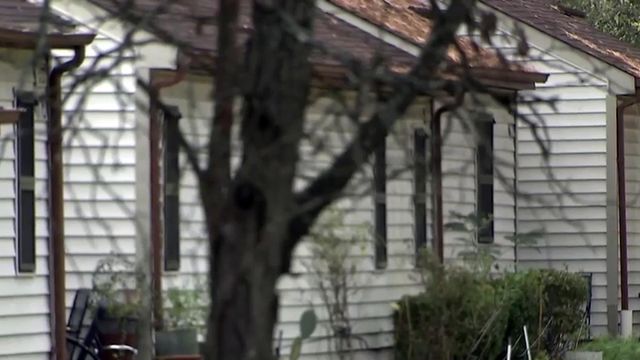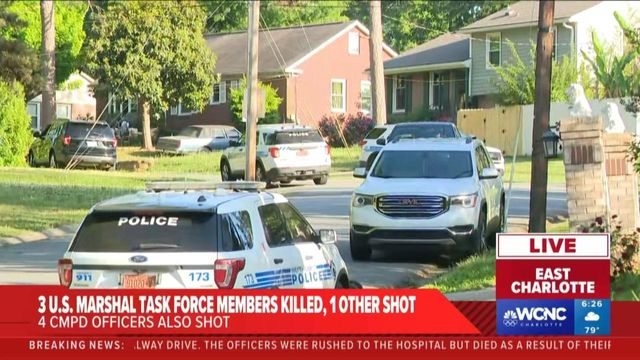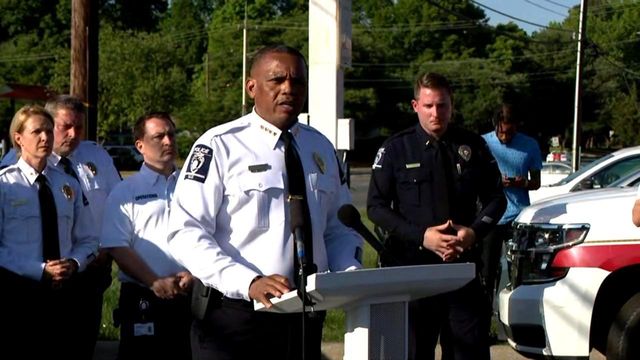Plan to pay for more affordable housing in Durham before voters
Voters in Durham will choose Tuesday whether to spend $95 million toward building more affordable housing in the city.
If the referendum passes, Durham officials said it would be the largest affordable housing bond in North Carolina history.
"One of the key cornerstones is the redevelopment and expansion of properties that belong to the Durham Housing Authority," said Reginald Johnson, Durham's community development director, whose office will administer any bond funds. "They’ll be able to do one-to-one replacement for each of their units, but not only that, increase the number of subsidized units, as well as have market-rate units so that we have more space for folks to live in Durham."
The $95 million would be paired with $65 million in federal and local funding the city would appropriate over five years to help find permanent housing for people who are homeless, fund down payments for low-income, first-time home buyers, assist people in danger of being evicted, in addition to the new and renovated housing targeted at people making less than 80 percent of Durham's median income – less than $67,850 for a family of four.
"We have about 15,000 households in Durham that will actually get a safe, affordable place to live. That’s a huge benefit for them, but really, the whole community is going to benefit," said Wib Gulley, a former Durham mayor who heads the Coalition for Affordable Housing and Transit.
"You're going to have stable neighborhoods, which is in everybody’s interest," Gulley said. "You're going to have people being able to live close to where they work in Durham rather than having to commute from Alamance or Person or Caswell counties. That’ll take people off the roads, and that’ll mean less congestion."
Willie Williams, a Navy veteran, said he used to be homeless. Now, he lives in public housing and supports making it easier for others to do the same.
"That sounds great, if and when it happens," Williams said of the redevelopment of housing projects like Oldham Towers, J.J. Henderson, Liberty Street and Forest Hill Heights.
Debra Holloway, whose mother lives at Forest Hills Heights, said she voted against the bond when she cast an early ballot.
"My concern about the housing bond is that it will not be representative of every age group, of every economic level," Holloway said, noting high-rise projects would make it harder for senior citizens to get around.
"They have some very good ideas in terms of helping the housing areas, but they weren’t specific enough as to how they were going to address those specific areas," she said.
Approving the housing bond would require a tax rate increase of 1.6 cents per $100 of valuation. That comes to about $37 extra a year on the tax bill of a $230,000 home.
Gulley said that's a small price to pay for a major impact across Durham.
"I think it’s a way that all of us can stand up and be a part of a community that embraces everyone in the community and says we’re about helping and strengthening everyone in the community," he said.












